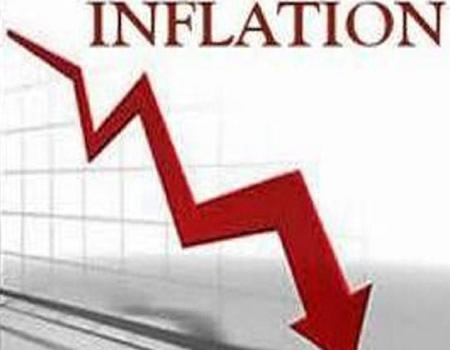June 8, 2018/FSDH Research
FSDH Research expects the inflation rate (year-on-year) to drop to 11.50% in May 2018 from 12.48% recorded in the month of April. The drop in the inflation rate is expected as a result of the base effect in the Composite Consumer Price Index (CCPI) from the previous year. We note however, that most consumer prices recorded elevated prices in the month of May. FSDH Research expects the National Bureau of Statistics (NBS) to release the inflation rate for the month of May on Wednesday 13 June, based on the data release calendar on the website of the NBS.
The Food Price Index (FPI) from the Food and Agriculture Organization (FAO) for the month of May 2018 shows that the Index averaged 176.2 points, 1.24% higher than the revised value for April 2018, and 1.90% higher than the May 2017 figure. According to the FAO, prices of dairy products and cereals rose during the month while vegetable oils and sugar prices remained under downward pressure. The FAO Dairy Price Index was up for the fourth consecutive month, recording an increase of 5.45% between April and May.
Increased demand for products such as cheese, skimmed milk powder and butter contributed to the rise in the value of the Index. The FAO Cereal Price Index was up by 2.44%, largely due to the increase in the prices of wheat, coarse grains and rice. However, the FAO Vegetable Oil Price Index was down by 2.58%, primarily driven by a decline in the prices of palm, soy and sunflower oils occasioned by slow global imports demand and large inventories.
The FAO Sugar Index fell for the sixth consecutive month as a result of increased supply conditions in the main sugar producing region of Brazil. The FAO Meat Index was marginally down by 0.48% driven by the decrease in the prices for ovine and pig meat.
Our analysis indicates that the value of the Naira depreciated at both the Nigerian Autonomous Foreign Exchange (NAFEX) and parallel markets in May 2018. The value of the Naira lost by 0.40% and 0.14% to close at US$/N361.62 and US$/N363.50 respectively at the NAFEX and parallel markets at the end of May. The rise in the international prices of food coupled with the depreciation in the value of the Naira led to an increase in the prices of imported consumer goods in Nigeria between the two months under review. FSDH Research notes that there is a potential increase in the local prices of imported food items because of the faster than expected increase in the international food prices.
The prices of most of the food items that FSDH Research monitored in May 2018 increased substantially, leading to a 1.20% increase in our Food and Non-Alcoholic Index. This Index increased year-on-year by 13.29%, up from 240.30 points recorded in May 2017. We also observed an increase in the prices of Transport and Housing, Water, Electricity, Gas & Other Fuels divisions between April and May 2018. We estimate that the increase in the CCPI in May would produce an inflation rate of 11.50%, lower than the 12.48% recorded in April.














